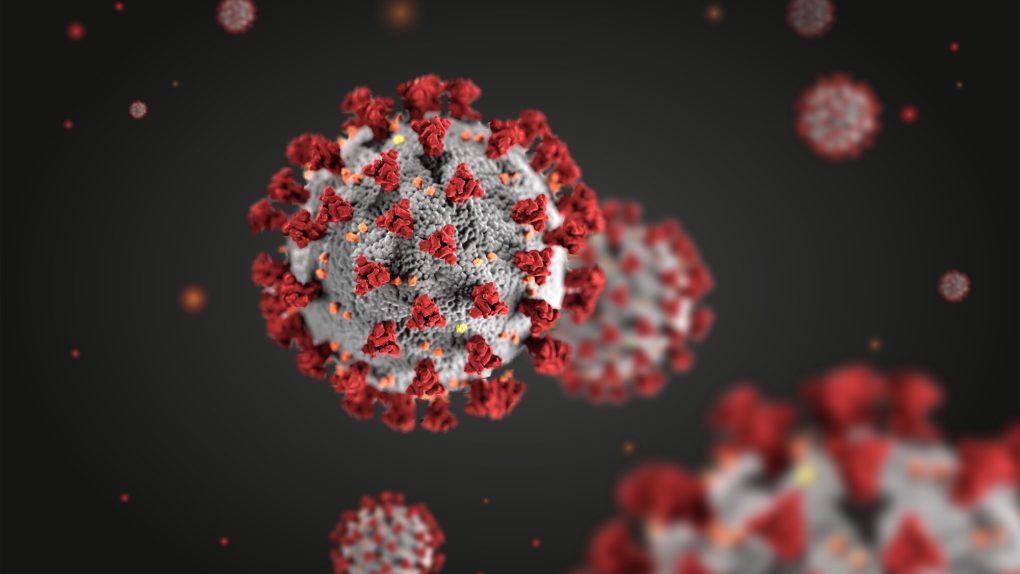- The latest global coronavirus update has revealed a new milestone — that the COVID-19 virus has now reached the last place on Earth to be free of the pathogen up to this point.
- Coronavirus infections have now been showing up on the remote continent of Antarctica.
- According to Johns Hopkins University, more than 78 million coronavirus cases have been identified around the world so far.
Not even the remote continent of Antarctica is COVID-free anymore, now that the latest global coronavirus update shows that there have been more than 78 million coronavirus cases identified so far during the pandemic, along with almost 2 million deaths reported.
Thus far, Antarctica had seemed to be the last place on Earth not yet touched by the deadly pathogen — not that the distinction would do most of us much good, since no one had a visit to the continent in their plans for 2020. Nevertheless, the coronavirus pandemic has now done the inevitable and made it to the last place on the planet heretofore untouched by the virus. That’s according to military officials from Chile, who were scrambling to isolate their health and army officials at a research station.
According to Reuters, some three dozen Chilean armed forces and related personnel have been infected at the Bernardo O’Higgins permanently staffed Chilean research station on the continent. That includes 26 army staffers and 10 civilian contractors, and personnel from that base have already been “properly isolated” and are being monitored by authorities in Magallanes, in Chilean Patagonia.
What’s noteworthy about this spread of the virus to Antarctica, in addition to it being the last place on Earth that had remained COVID-free, is that the virus was able to reach this point in spite of the “extraordinary” measures that had reportedly been taken to protect research and military outposts there — including canceling tourism and limiting access to facilities.
Part of the problem, strange as it might sound, is that an increase in travel to the region earlier this year raised the chances that COVID-19 would accompany that increase. Two soldiers became ill earlier this month, marking the first regional infections.
Also a factor: The Magallanes region of Chile is a common departure point for boats and planes traveling to Antarctica, and it has faced a heavy wave of coronavirus infections of its own.
Looking at the planet as a whole, on Wednesday the World Health Organization’s chief scientist Dr. Soumya Swaminathan said on CNBC’s Street Signs Asia that it’s going to most likely take through the end of 2021 until the world sees the kind of population-level immunity to COVID-19 that we want.
“We have to keep our guard up, (and) we have to do all the things that we know reduce the transmission and the chances of people getting ill from this,” she said. “While we can look forward — certainly by the end of next year — to a much better picture, the next few months, I think, are going to be tough.”








